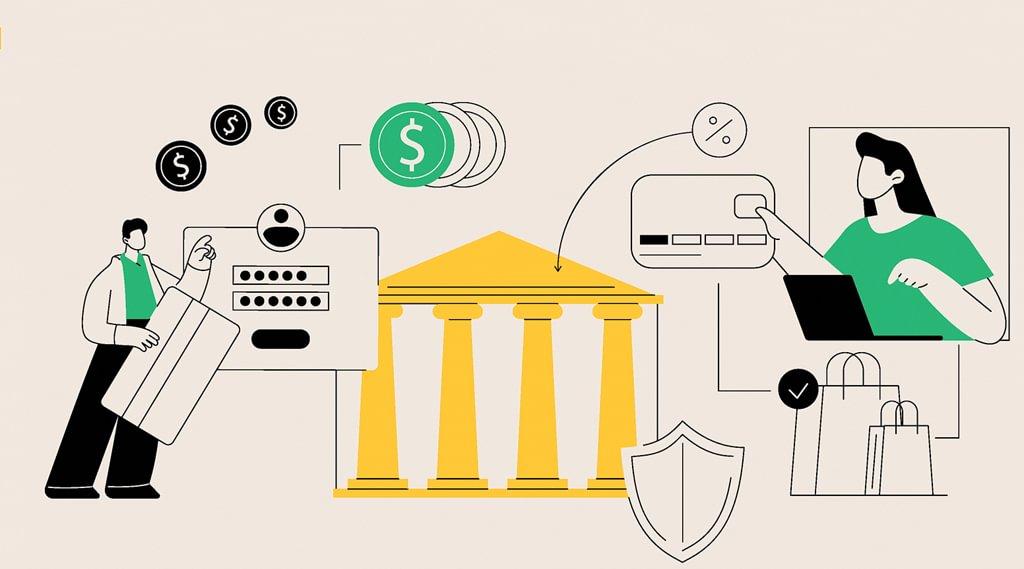
Scott Zoldi fights crime across the globe. His superpower is data - and an unprecedented, innovative process to amass that data.
He’s got his work cut out for him. Every day, hordes of criminals work to exploit systemic vulnerabilities in how you and I shop. Their relentless work chips away at the very integrity of consumer commerce at large.
I’m talking about fraud. Crooks obtain your card details so that they can perform a transaction and make off with the spoils. In 2021, payment card fraud losses reached $28.58 billion worldwide.2 The United States suffers more than any other country, accounting for more than a third of that loss. To make matters worse, fraud increased during the pandemic, in part due to the increase in “card not present” virtual transactions. Some called it the “scamdemic”.
Scott is FICO’s chief analytics officer. He oversees the world’s largest-scope anti-fraud operation. Day in and day out, his product Falcon screens all of the transactions made with most of the world’s credit and ATM cards - 2.6 billion cards globally. With Falcon, banks and other financial institutions can instantly block suspicious purchases and withdrawals.
This capability hinges on machine learning, and it demands an impressive dataset. A fraud-detection model must predict well, striking a tricky balance so that it recognises a lot of fraud and yet does so without incurring too many false positives. To this end, the data must Here’s what I mean:






